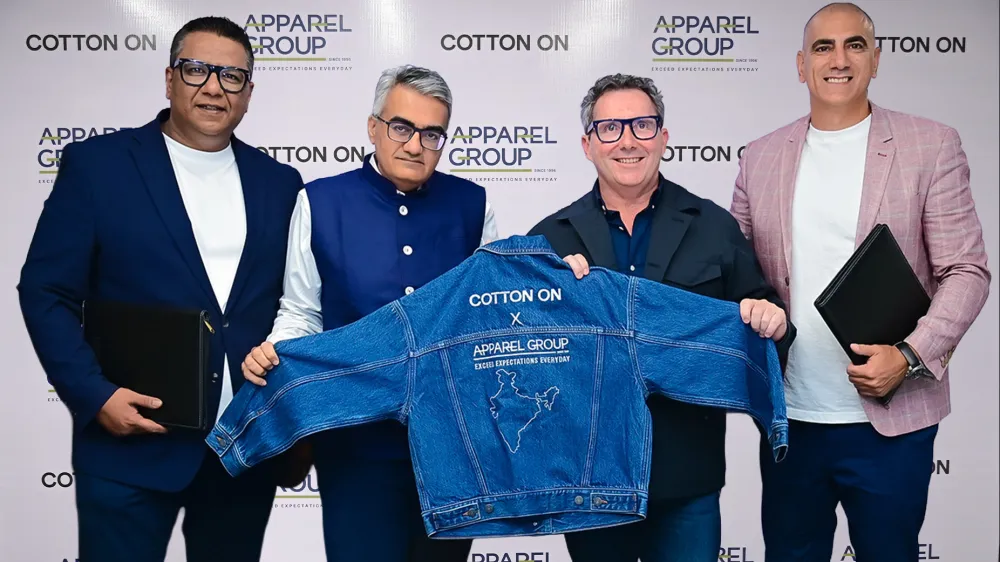
Fashion brands falling behind on decarbonisation targets
This is due to supply chain disruptions and demand management issues.
Two-thirds of fashion brands are lagging in schedules in reducing carbon emissions, and 40% of the brands are increasing emissions since announcing sustainability commitments, according to a McKinsey report. ‘Sustainable style: How fashion can afford and accelerate decarbonisation’ report.
In the ‘Sustainable style: How fashion can afford and accelerate decarbonisation’ report, McKinsey said factors contributing to this increase include heightened sales of oversized products, demand management issues leading to overproduction, and disruptions in the supply chain necessitating greater reliance on air and truck transportation.
The global fashion industry currently contributes between 3% and 8% of total greenhouse gas emissions, and without further intervention, emissions are projected to rise by 30% by 2030.
The analysis revealed that only 37% are currently on track to meet their 2030 decarbonisation goals if they continue reducing emissions intensity at their current rates. It noted that 63% of brands need to speed up their efforts to reach their 2030 targets.
Moreover, 23% must increase their abatement progress by up to 10 percentage points annually, whilst the remaining 40% need to accelerate by more than 10 percentage points yearly.
“There’s a particular sense of urgency for fashion to abate emissions as quickly as possible since several countries that are likely to experience the greatest devastation from climate change are central to fashion’s value chain,” the report noted.
ALSO READ: Nearly 90% of consumers from emerging Asian markets want more sustainable lifestyle
The report suggested that achieving accelerated decarbonisation is still both feasible and cost-effective, with most brands capable of reducing emissions by over 60% at minimal investment.
It said that most fashion brands could slash their emissions by over 60% with investments amounting to less than 1% to 2% of their revenues.
Moreover, McKinsey cited the need for sustainability to remain a priority during economic downturns, the integration of sustainability across all operations, and the complexity of decarbonisation strategies within the global supply chain.
Proposed actions to help accelerate decarbonisation in fashion include leveraging sustainability for commercial value, focusing on material and energy transitions, and establishing clear roadmaps for decarbonisation.
Additionally, it encouraged data transparency, effective execution strategies, and collaboration within the fashion ecosystem to drive meaningful progress toward sustainability goals.



















 Advertise
Advertise





